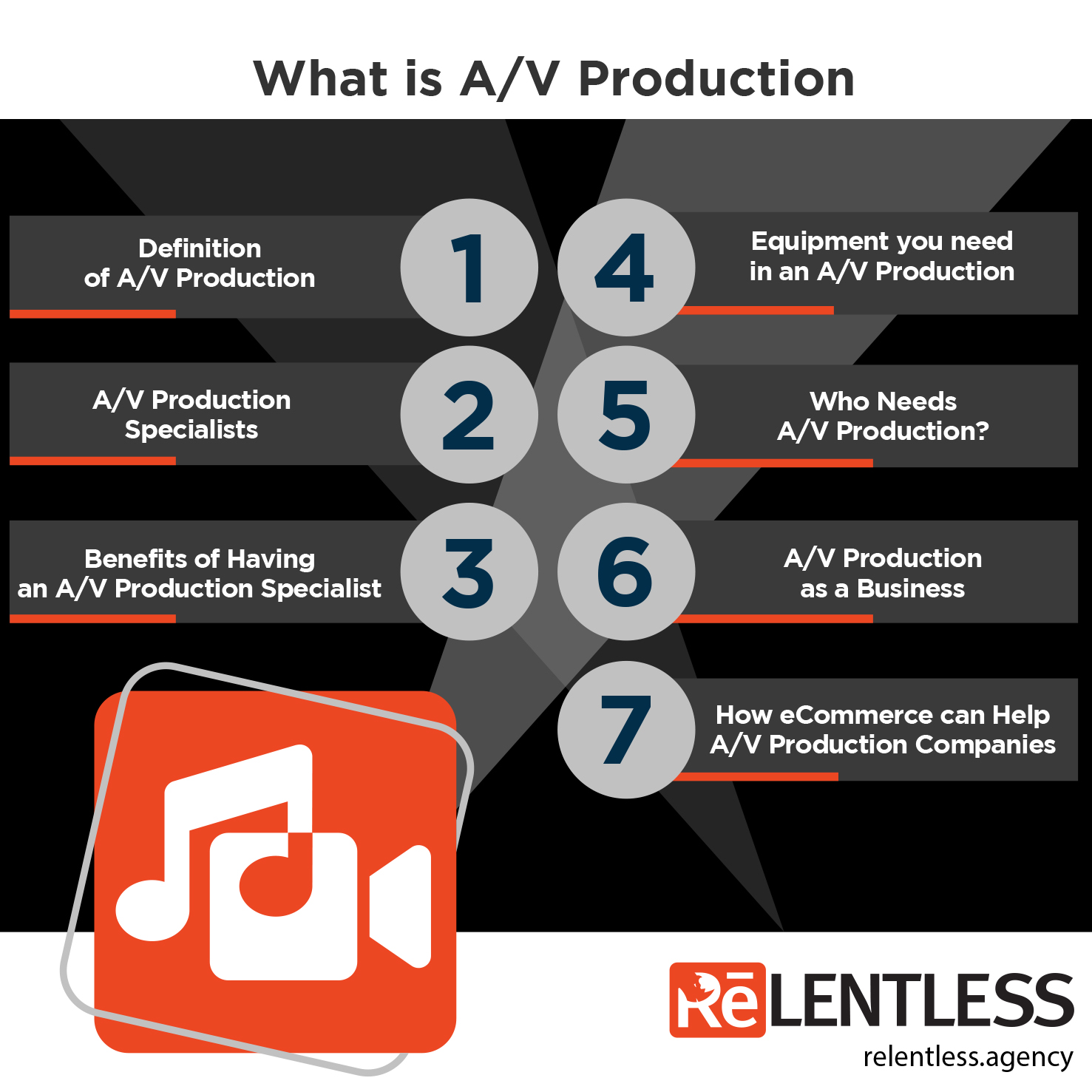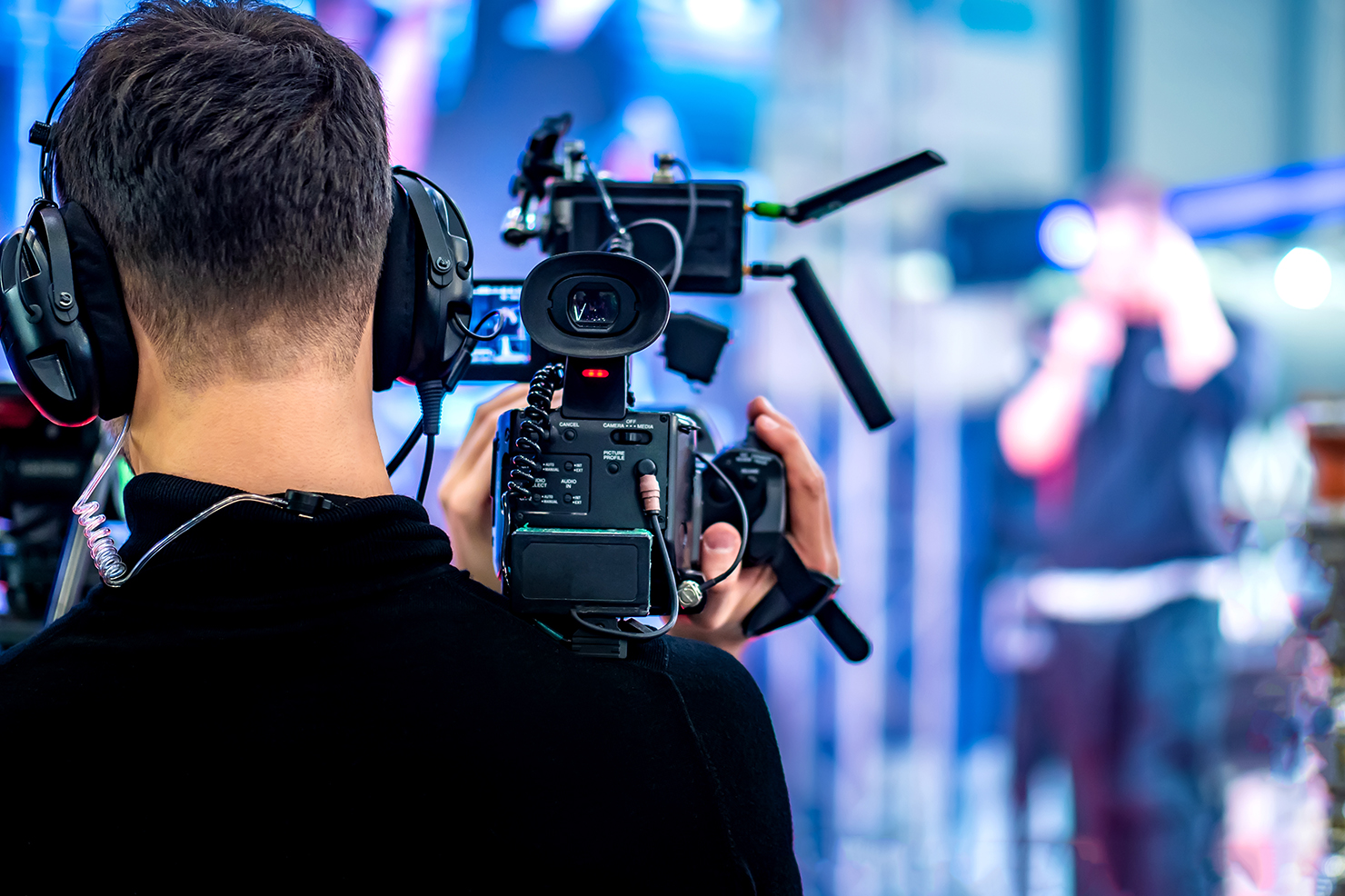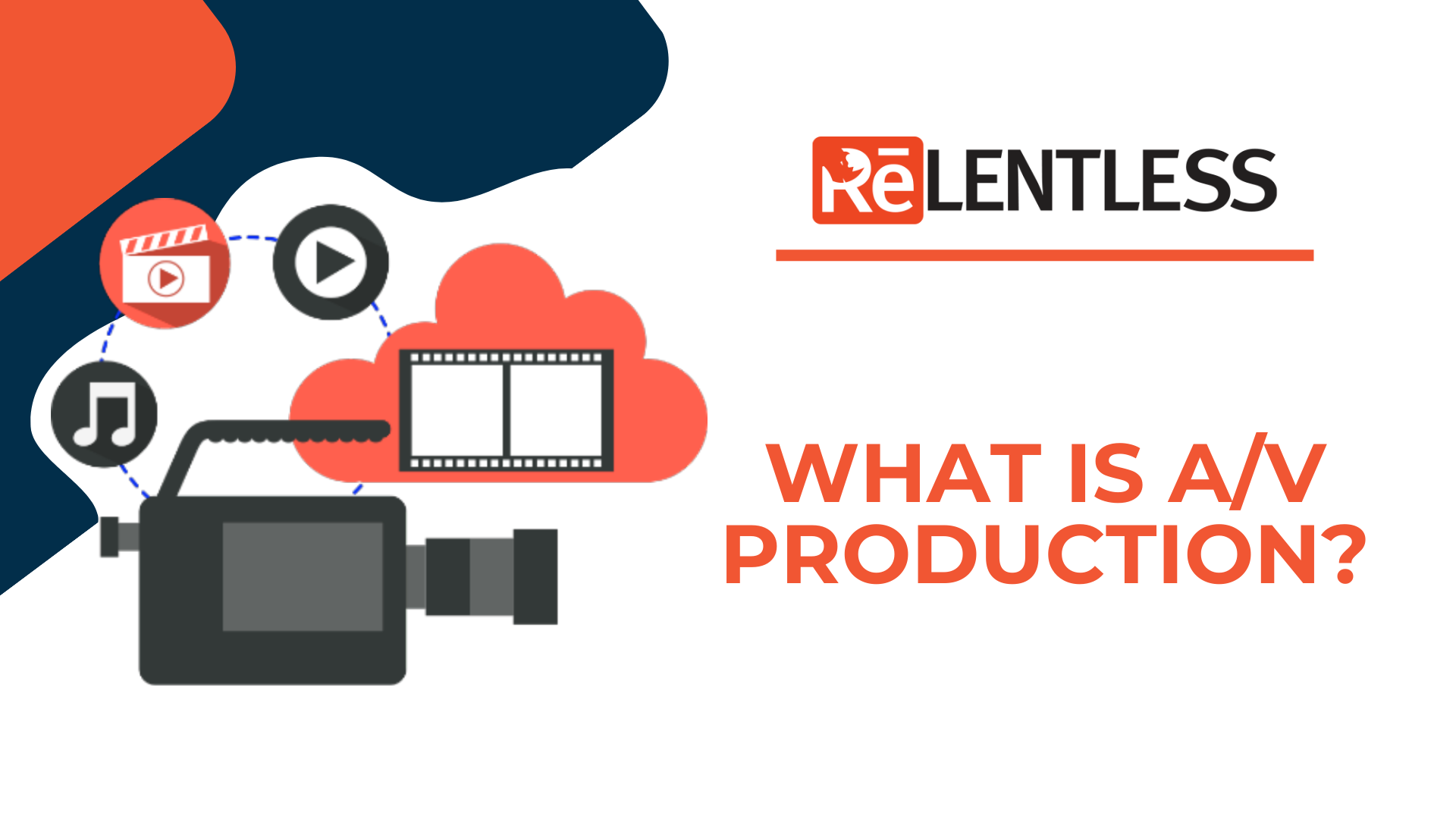In today’s fast-changing society, a lot of improvements are seen in how people do business, and it affects the lifestyle of everyone in the world. Children of all ages are exposed to technology at a very young age, even being able to operate gadgets without in-depth training on how to use them.
Schools have also adapted to the changing needs of society by accepting that computers are an essential part of education. Laptops or tablets are slowly replacing traditional pens and paper; even mobile devices can be used as audio or video recorders. One event led to another, and now we live in a time where it is acceptable (and sometimes preferred) to do business virtually. A/V production companies included.
As everyone tries to keep up with technology, the same goes for the audio-visual industry. Over the past decades, blackboards, whiteboards, and acetate sheets with overhead projectors have been the gold standard for visual presentations. It has dramatically changed using technology such as computers, LED screens, etc.

Definition of A/V Production
Audio Visual (A/V) production refers to building, designing, and implementing all the technology needed to achieve a superb audio-visual experience. Activities include operating and managing devices that produce images on the screen and sound in the air. Examples of equipment would be projectors, microphones, speakers, lighting systems, and other audio-visual technology.
A/V Production Specialists
People who have studied A/V production are called A/V Production specialists; these individuals need to learn about video and audio production fundamentals using professional equipment.
A few things they need to master include how cameras capture light and record images as analog or digital information. How sound engineering works and the different elements that turn sound waves into electronic communication. How an editing system functions and how you can use it to make your audience think, feel and experience precisely what you’re trying to portray.

An A/V production specialist is not necessarily a person who installs A/V equipment for an event. Some passionately focus on the science, craftsmanship, and art of how “the movie magic” happens.
Benefits of Having an A/V Production Specialist
Specifically for events, audiovisual production specialists are usually responsible for the operations, troubleshooting, and maintenance of the event’s audio, video, and lighting equipment. They enhance the overall experience and quality for the performer/speaker and the attendees.
Having an A/V production specialist for an event eliminates the stress of dealing with multiple technical elements such as proper lighting, background music, and visual transitions. Having an expert on audiovisual equipment gives you more time to focus on other tasks like audience participation or ensuring that everything is going as smoothly as planned.
Who Needs A/V Production?
A/V production is widely used for entertainment, theatre, studios, festivals, churches, corporate events, broadcast shows, sporting events, stage productions, and more. However, there are multiple types of events that need and rely on A/V production to aid them in what they are trying to accomplish.

- Entertainment Industry: Concerts, dance presentations, theatre, fashion shows, and other similar stage productions are a few examples. These events need a full range of sound, including sub-woofers, mapping elements, etc. Production companies can also use lighting to enhance the mood and effects on the stage to bring out the wow factor.
- Corporate & Training: Meetings, Seminars, and Conventions are events that focus on presentations and speeches. The top priority is audio clarity, good video presentation on large screens, and lighting effects.
- Small-scale Events: Mini-concerts, school production, graduation, trade shows, and church events. They need efficient audio and video output to enhance the quality of the activities they need to perform.
Equipment you need in an A/V Production
There are many things to be considered in preparing the right equipment for production, which highly depends on the project’s size. The venue, acoustics, and lighting sufficiency are just a few things to check when preparing the right equipment for an event. Below are some of the common types of A/V equipment needed for Production.
- Video Camera
- Camera Light
- Tripod
- Microphone
- Sound System
- Audio Cables
- Headphones
- Lighting Kit
- Computer
- Screen / Projector
- Mixer Boards
- Podiums
A/V Production as a Business
Talking about A/V production as a business would be extensive. However, some types of companies stand out more than others. I’d usually categorize them as businesses focusing on three types of opportunities, the past, present, and future.

- Past: A/V production companies in this cluster are the ones who involve themselves in pure post-production, such as video editing, sound mixing, creating audiobooks, etc. Their work heavily relies on raw materials to make a great finished product.
- Present: In this cluster, you will find businesses that take opportunities from what’s happening in front of their eyes. Examples are live videography, live broadcasting, and photography.
- Future: As you have guessed, this cluster is reserved for businesses that profit from future events, such as concert ticket sales, sound design, and A/V equipment rentals.
How eCommerce can Help A/V Production Companies
When it comes to marketing your A/V production company, there are a lot of mediums available, some rely on a traditional physical shop, and others would do their business remotely through a computer. With the invention of the internet, many opportunities arose, and eCommerce is one of them.
As a definition, eCommerce is buying and selling goods and services or transmitting funds and data through the internet. People would usually associate eCommerce with sales of physical products, such as purchases through Amazon. However, due to the rising demand for other types of businesses, such as A/V rental companies or rental services in general. eCommerce has evolved and found a way to sell services instead of physical products.
eCommerce can help in a way where your customers can access A/V production services through a well-built storefront that includes live data about your inventory and pricing. This essential feature makes it easier for customers to search and place an order quickly and efficiently.






